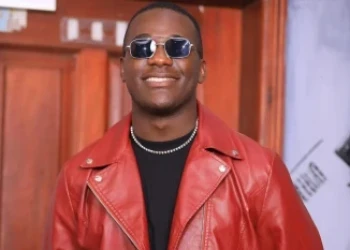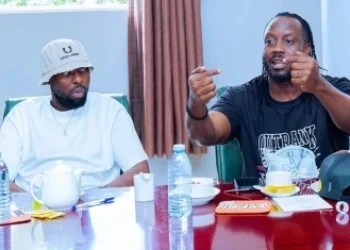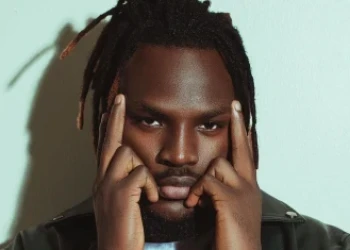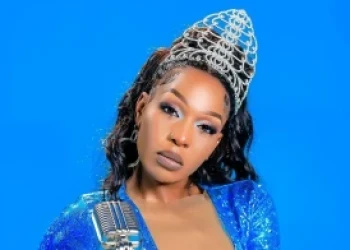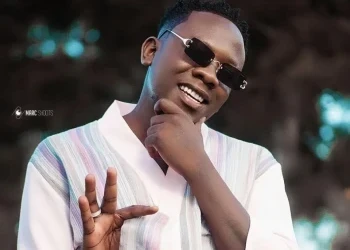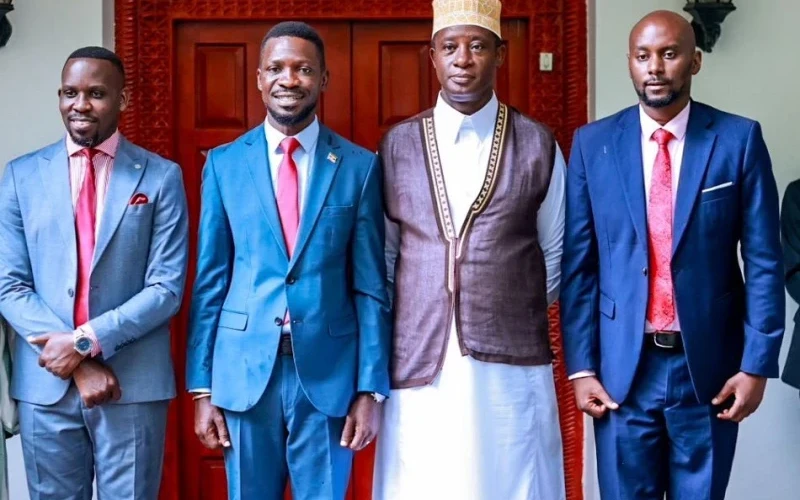
A great disc jockey (DJ) can entertain a room with his or her extensive knowledge of music and is someone who wants to share their passion for music with the world. Use this step-by-step guide to get started and develop your DJ career.
Start with the basics. A basic DJ setup includes two turntables (or two CD players), headphones, and a 2-channel or more mixer. You could even go with one of the many controllers on the market that replicate the functions of turntables/CDs and a mixer. Later on, you can invest in speakers, a monitor, a MIDI controller, an audio interface, a mic, and various plug-ins. If you can, experiment with different set-ups before you invest. It's a lot of money to spend on a system you don't like.
Augment your performance with software. These programs will enable you to access a library of MP3s on your hard drive to compliment your vinyl and CD selections. More often than not, these programs provide live looping and scratching capability, delays and reverberations, real-time control and video and karaoke options.
Be economical. Don't invest in top-dollar equipment right away. Most of your money should be spent on turntables and a mixer. Forget the other stuff for now. And spend wisely -- buy your decks used and your mixer new.
Don't forget your home studio. Most DJs record demos, playlists and original music at home. Make sure the equipment you bring to the club compliments the equipment you use at home. For example, if you're a hip-hop DJ, you'll probably want to invest in a scratch/battle mixer at home to simulate a competition environment.
Know what you need for gigs. If you plan to play for a venue that already has a DJ setup, you might only need a laptop with music mixing software. If you plan to play in private venues, you'll probably need to provide your own equipment. Scope out what you need and what you don't for your particular job.
Learn to mix beats. Beat mixing involves maintaining a constant beat while moving from one song to another, and can be done with varying degrees of complexity. Some DJs pre-record mixes at home, while others mix beats live. Either way, the goal is keeping the music constant so that dancers can keep going without a pause.
Know the BPM of your songs. The beats per minute (BPM) of a song will determine how smoothly or easily you can mix it with another song. You can calculate BPM by counting the beats yourself and using a stopwatch. (Some mixers will have a BPM counter on the board, while most DJ software will calculate the BPM of a track for you, although this may not be completely accurate 100% of the time.)
Learn the intros and outros. Most dance songs will have an intro in which the music is going but the vocals are not at the beginning of the song and a corresponding outro at the end. Mixing usually means blending one song's intro with the outro of another. Knowing when an outro starts and an intro begins is critical to live beat mixing.
Learn how to scratch. The decks can be used to find your place in a song when they're queued up or they can be use as pseudo-records to get your scratch on. There are baby scratches and scribble scratches and drags and scratches that work at different pitch levels. Get 'em all down before you head out there!
Keep it simple at first. When you're starting out, make mixing easier by sticking to two songs that are within 3 BPMs of each other. You should also use two songs that are in the same key. Your software should be able to tell you this. When you nail that down, start experimenting with looping and then move on to your toggle function and adding effects.
Learn about all genres of music. Often you may know of a couple hit songs in a few genres, but that is not enough. You need to be a music expert. Hit up your friends and consult the charts, YouTube channels of record companies and websites catering especially to DJs such as Beatport. Here's a list of genres to explore:
Think long-term. What's going to start off as an expensive hobby can turn into a career with enough time. This is not a small feat you are about to embark upon. To be a DJ is to devote years to working magic on others' music. You may be able to start in an hour, but you won't get truly good for a long, long time.
Decide whether you want to be a crowd-pleaser or a music specialist. Certain gigs will require that you make a few compromises -- a college bar may want to hear Katy Perry when you're just trying to forget Last Friday Night. Being a specialist may give you more cred with the DJs, but it may make your gigs fewer and far between.
Observe. Find a DJ whose style you admire and observe him or her as much as possible. Pay attention to how songs are constructed and how the crowd is managed. After you've watched them a few times, approach the DJ after the show and ask for a few tips. Most DJs will be happy to help guide you if they know you're serious.
Be a multi-genre DJ. You can still be a specialist if you have multiple genres under your belt -- you're just a specialist with logic. Most DJs are great at one genre of music -- being great at more than one sets you up to be the cream of the crop.
Keep up with current music trends. In order to be viable in today's fast-paced world, you'll need to be on top of all the charts -- and where it seems like the trends are going. You have to be on top of today and leaning toward tomorrow.
Consider a DJ school. Signing up to an online DJ school or a brick and mortar DJ school can be the best way to learn how to DJ fast. It is often worth learning quickly from the pros, rather than having to spend years grinding away by yourself trying to learn it.
Get recurring hours. Just like a pilot needs to build up flight time to get cred, you'll need to build up play time. The best way to do this in a serious fashion is to get recurring hours through an established company -- not just those one-off gigs.
Know the crowd you'll be dealing with. Having an idea of who your crowd isbefore the event begins is critical to successful DJing. If you're playing a wedding, for instance, be prepared to play more slow songs than usual and try to get a grasp on the bride's musical tastes beforehand. If you're playing a nightclub, get familiar with what the club owner prefers and what his or her regulars like. The regulars keep the club afloat and, by extension, pay your fee; learn how to keep them happy.
Market yourself. You should be making press kits, handing out business cards, emailing constantly, and always, always expanding your network. This is not a 9-5 job, no, it's a 24/7 job.
Develop an Internet presence. If you don't have the time or money to build your own website, start an account for your DJing career on Twitter or Facebook. Promote your shows, and make time to connect with your fans and personally respond to their messages. The more you're a real person to these people, the better.
Become a producer. The next step up from being a DJ is producing your own music. You can still work with others' tunes, but you're mashing it all up, remixing it, re-editing it and making it better. DJ Earworm got YouTube famous doing just that. You can rake in the cash a lot faster when you start producing your own stuff.
Build your charisma. As a DJ, you are responsible for entertaining a large group of people all by yourself. The music you play is important, but you also need to pay attention to how you act on stage. Don't just stand there hunched over your decks. That's boring. Try to be someone who attracts attention in a good way. Also, learn when to step back and let the group dynamic take over.
Always read the crowd. Use the music to manage the event, driving it forward. Divide different styles of songs into different sections. Play slower, quieter songs at the beginning of the party. Slowly slip into a jazzier groove, and pull out the heavier songs at the end. Above all, read the crowd and notice what they're responding to.
Be professional. Show up to your events on-time and fully prepared. Give each gig your best effort. Have fun with the crowd, but keep your interactions professional and respectful - you never know who's watching.
Handle the BS with care. Working in clubs and the like isn't always a pretty picture. Remember that 95% of the time the majority of the people listening to your music will either be some level of drunk, high, or both. They may give you a hard time on occasion. This has got to go in your ear and out the other.
Have fun. Imagine going to a show (or maybe you already have been witness to this) and seeing a DJ that's busy pushing buttons like he'd rather be hauling rocks. It's terrible. Watching a DJ that doesn't even like his own music is practically worse than a three-piece deaf polka band. So make it clear that you're enjoying yourself -- the crowd will follow suit.
Live the dream of working for yourself. After all that hard work of taking crap gigs and working with a crap company and modifying on less-than-stellar equipment, it's time to up the ante. When the money is coming in at more than a trickle, upgrade your equipment. The industry standard is the Technics 1200, but you can even upgrade from there. You're looking at a few thousand dollars in the long-run, but you'll make it back and then some.
Credit wikihow
Comments (0)
📌 By commenting, you agree to follow these rules. Let’s keep HowweBiz a safe and vibrant place for music lovers!


